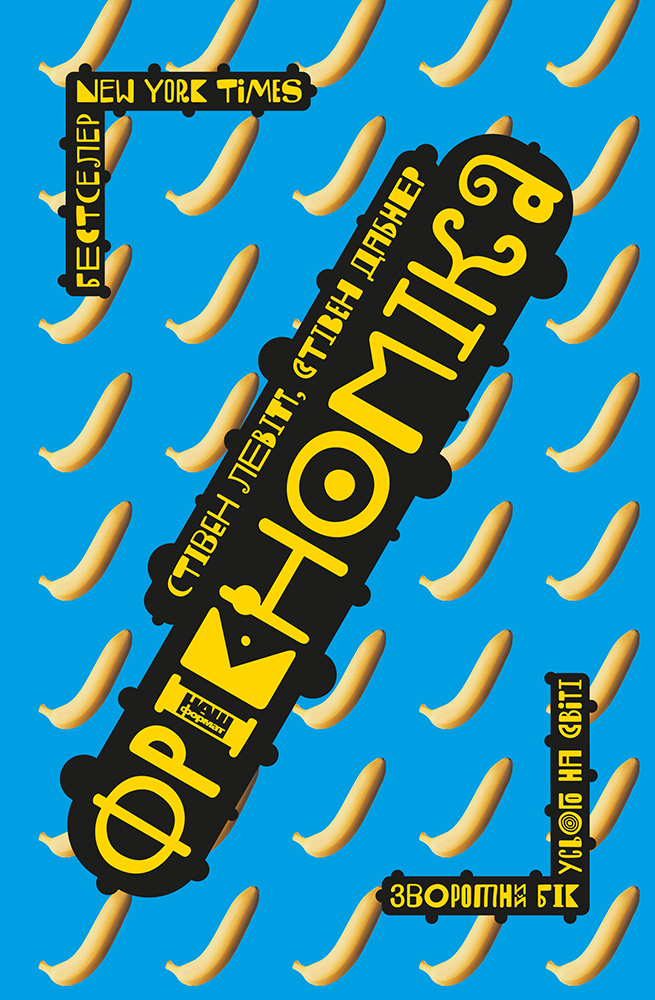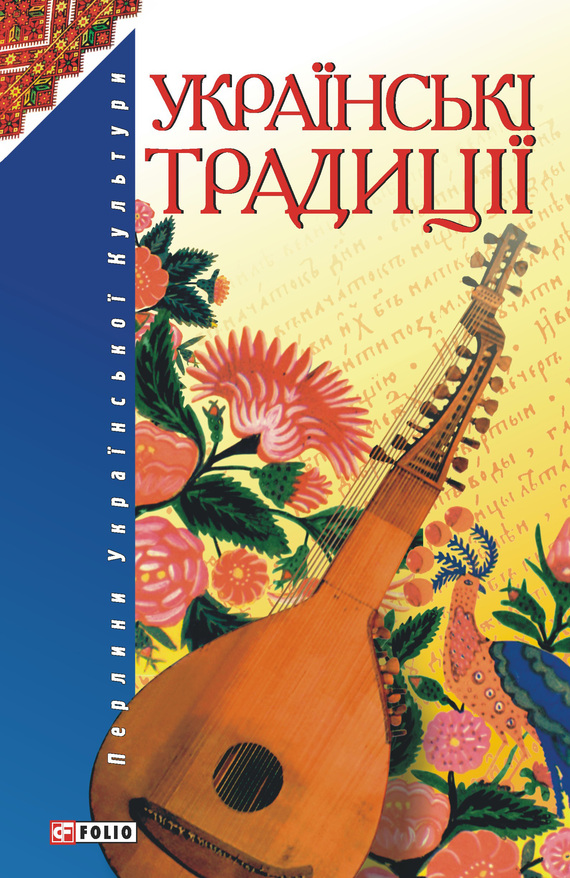Читати книгу - "Genghis Khan and the Making of the Modern World"
Шрифт:
Інтервал:
Добавити в закладку:
Despite Temujin’s success in becoming recognized as a khan and in establishing his administrative court, Jamuka still commanded his own following, steadfastly refusing to acknowledge Temujin as the khan of all the Mongol clans. For Jamuka and the aristocratic white-boned lineages, Temujin was no more than an insolent upstart whom the black-boned people idolized but who needed to be taught a lesson and put back in his place. In 1190, only one year following Temujin’s election, Jamuka used the killing of one of his kinsmen by one of Temujin’s followers during a cattle raid as an excuse to summon all of his followers to battle. Each side rallied an army, probably numbering no more than several hundred on each side, but estimates of size are only conjectures at this point in the story. In the ensuing battle, Jamuka’s forces routed Temujin’s followers across the steppe. To prevent their regrouping against him, Jamuka then perpetrated one of the cruelest shows of revenge ever recorded on the steppe. First, he cut off the head of one of the captured leaders and tied it to the tail of his horse. The spilling of the blood and the disgrace to the head, the most ritually sacred part of the body, defiled the dead man’s soul, and tying it to the most obscene part of the horse shamed his whole family.
Reportedly, Jamuka then boiled seventy young male captives alive in cauldrons, a form of death that would have destroyed their souls and thus completely annihilated them. Since seven represents an unlucky number for the Mongols, this story of seventy cauldrons may well have been an embellishment for dramatic effect, but the Secret History makes clear that whatever he really did, in the wake of this victory, Jamuka horrified people greatly and harmed his image. This display of unwarranted cruelty by Jamuka further emphasized the divisions between the old aristocratic lineages based on inherited power and the abused lower-ranking ones based on ability and personal loyalty. The episode proved a decisive turning point for Temujin, who had lost the battle but gained public support and sympathy among the Mongols, who were increasingly fearful of the cruelty of Jamuka. Temujin’s warriors had been routed, but they would slowly collect together again behind their young khan.
His rivalry with Jamuka was not yet resolved, but in 1195, when Temujin was thirty-three, an unexpected opportunity arose for a foreign raid and substantial plunder that would greatly increase his military prestige and his economic power among the Mongols. The civilized Jurched rulers of Cathay, to the south of the Gobi, frequently delved into steppe politics as a way of keeping the tribes at war with one another and thus too weak to threaten their own power. Although traditionally the allies of the Tatars, the Jurched feared the Tatars were growing too strong, and they instigated Ong Khan to raise an army to attack them. Ong Khan again enlisted the aid of Temujin in a quickly arranged alliance with the Golden Khan of the Jurched so that they might jointly attack and plunder the much richer Tatar tribe.
In the winter of 1196, the Kereyid ruler Ong Khan and Temujin with his Mongol followers set out on their campaign against the Tatars; their raid, carried out according to the same tactics used in typical steppe raids, but on a larger scale, brought quick and easy success. Temujin was profoundly impressed by the sumptuous booty that warfare could yield. Because of their proximity to the Jurched kingdom and the more sophisticated manufactured goods of the Chinese empire, the Tatars owned more trade goods than any other tribe on the steppe. Among the goods seized, the Secret History mentions the impression made on the Mongols by a cradle embossed with silver and covered by a silken blanket embroidered with golden threads and pearls. Even captured Tatar children wore satin clothes decorated with golden threads; in one case, a young boy wore a gold ring in his nose and one in each ear. The ragged Mongols had never seen such luxurious goods worn by anyone, much less a child.
Temujin saw clearly how the powerful Jurched kingdom used one border tribe to fight another. One year, they might ally with the Tatars against the Kereyid, but the next year with the Kereyid and Mongols against the Tatars. Today’s allies could be tomorrow’s enemies, as in the case of Jamuka, and a tribe conquered today would have to be conquered again and again in a ceaseless cycle of warfare and feuding. No victory was ever decisive, no peace permanent. This lesson would eventually have a profound effect on the new world Temujin would fashion out of this havoc, but for now the vicissitudes of this particular war had brought an unprecedented number of goods to his people and had improved his standing among them.
Temujin still had a struggle ahead of him against Jamuka for control of the Mongols. The wealth looted from the Tatars attracted more followers; he now began to increase his power over other Mongol lineages and to expand into their territories. He could not expand into the area of the great tribes, but he could push out the smaller ones such as the Jurkin, a
Увага!
Сайт зберігає кукі вашого браузера. Ви зможете в будь-який момент зробити закладку та продовжити читання книги «Genghis Khan and the Making of the Modern World», після закриття браузера.




